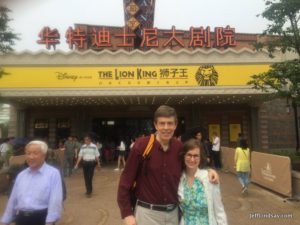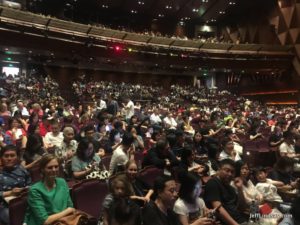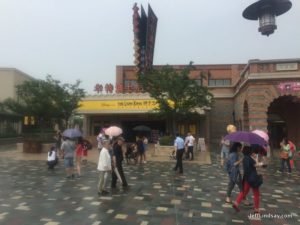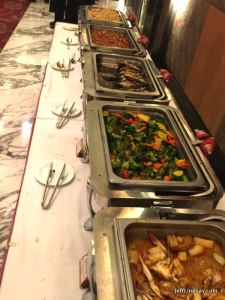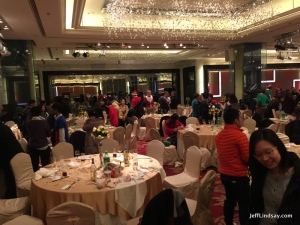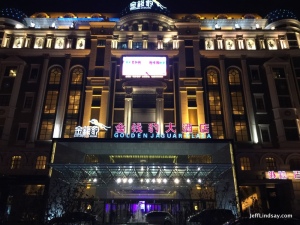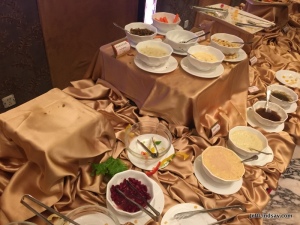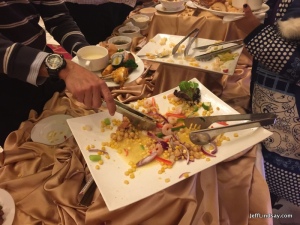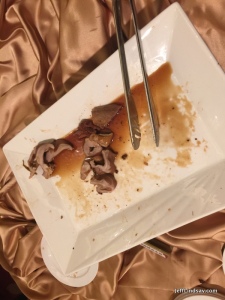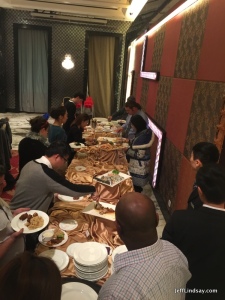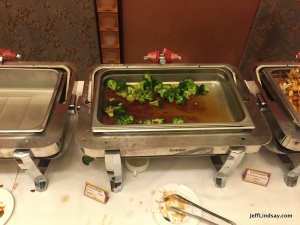Ctrip Trouble: Beware “Free Cancellation”
Ctrip.com is one of the most popular sites for booking travel in Asia and my experiences with it have generally been positive. Unfortunately, I learned that hotel rooms advertised with “free cancellation” policies may leave the purchaser without the protection sought. I also learned that Ctrip’s customer service needs serious improvement.
I was booking a room for 5 people for a tentative stay in Haikou, Hainan. Seeing that the Tienyow Hotel offered some rooms with free cancellation, I booked one of those rooms and then prepaid. The listing with free cancellation had a higher price than the same kind of room without free cancellation, but the extra price was worth the security of having free cancellation if our plans were to change.
On the payment page, the listing continued to show the words “free cancellation” (I didn’t pay much attention to that at the time, actually, but have since verified this behavior on similar listings at the hotel) — but also had a confusing message about not being able to make changes once an order is confirmed. I figured that was standard verbiage that had not been updated to reflect the free cancellation that I was paying for. After all, I was paying extra for the free cancellation service.
When I completed payment, I received an email from Ctrip that said I had paid and that everything was nonrefundable in case I wanted to change. So I called customer service and was told that there was no free cancellation and they couldn’t do anything about it. The representative didn’t seem to get that it was a pretty disturbing, actually illegal, thing to advertise a service or benefit (free cancellation), charge extra for it, and then withhold the service. I asked to speak to a supervisor. The supervisor was too busy, I was told, but would call me back. He or she did not.
I later went to Ctrip’s live chat and explained the problem and asked for the email of the Legal Department and the CEO so I could register my complaint. They refused to give me that information, after repeated requests, and simply said that “We would inform the staff.” Huh? It took a while to get them to explain what they meant by that, but it was that they would ask a customer service person to call me. Other than that, the chat rep would not answer anything, in spite of my other questions about how they could offer free cancellation and not provide it.
Finally I did get a call from a supervisor in customer service who wanted to argue and tell me that they “had clearly” given notice that there was no free cancellation because of the conflicting message on the second page. They could not change my order because this was their policy, and they cannot change their policy.
At this point a native-Chinese speaking lawyer in my office jumped in and argued with the rep. After about 30 minutes, they offered to try to cancel the reservation for me. But that failed because the hotel refused to cooperate. Later, however, Ctrip did kindly acknowledge that there was something of a problem here and offered to cover 50% of my loss if we have to change or cancel the reservation that I’ve paid for. They also offered 100 RMB, later upped to 200 RMB, as Ctrip-bucks if we do complete the reservation. OK, that’s an improvement, but it took a lot of time and energy to get Ctrip to budge, and they still have a credibility gap when it comes to their offerings. They claim they will fix that soon. I hope so.



